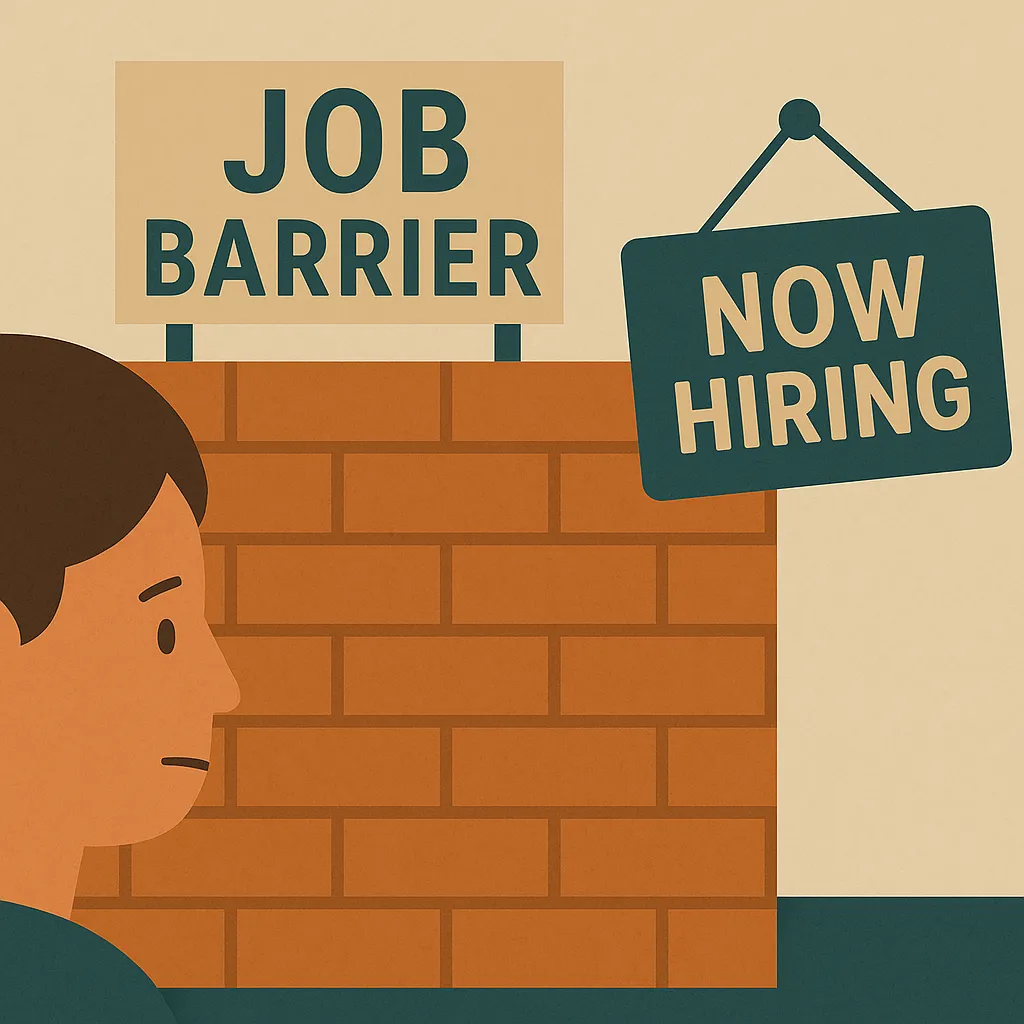Funding the Cause, Cutting the Cure: When Practical Autism Research Gets Silenced

This month, Cornell University confirmed that a federally funded research project aiming to identify barriers in the hiring of autistic job seekers in STEM was abruptly terminated.
The study, led by Cornell University Professor Susanne Bruyère, was intended to examine how employers could better recruit, hire and support autistic talent. It was funded by the National Science Foundation and would have involved direct input from autistic professionals and hiring stakeholders alike.
It’s hard not to read this cancellation as a warning.
Economic Demand, Social Silence
The market says it needs us. Tech, AI, data science — the sectors poised to define the next century — all benefit from autistic talent. We know this. Employers know this. But what happens when the research needed to make that hiring sustainable, equitable and humane suddenly disappears?
We’re left with a paradox: autistic people are wanted for their output, but not supported for their wellbeing. The data will be mined, but the structures won’t change. The labor will be welcomed, but the barriers will go unmeasured — and therefore, unchallenged.
Political Will Over Practical Change
There’s no claim that this research was flawed. No scandal. No failure to meet deadlines. Just the quiet severing of an initiative that prioritized lived experience, workplace inclusion and real-world impact. And in its absence, what takes its place?
More studies on cause. On prevention. On risk. More dollars for pathology, fewer for participation.
This is not a funding coincidence. It’s a signal. And we should be reading it very carefully.
What Inclusion Actually Takes
Hiring autistic people into STEM isn’t just a moral good. It’s a national imperative, if we’re serious about innovation. But inclusion doesn’t happen by accident. It requires intention. Inquiry. Structures that adapt to the people they claim to serve.
Canceling this research doesn’t just halt a study. It halts progress. It halts the voices of autistic workers who might’ve finally been heard not as variables, but as colleagues with insight to offer.
If you want to support autistic participation in the workforce, then fund the systems that make it possible. Don’t just exploit our potential. Equip our environments.
Otherwise, the message is clear: it’s not that we can’t contribute. It’s that the system still hasn’t decided we’re worth building for.